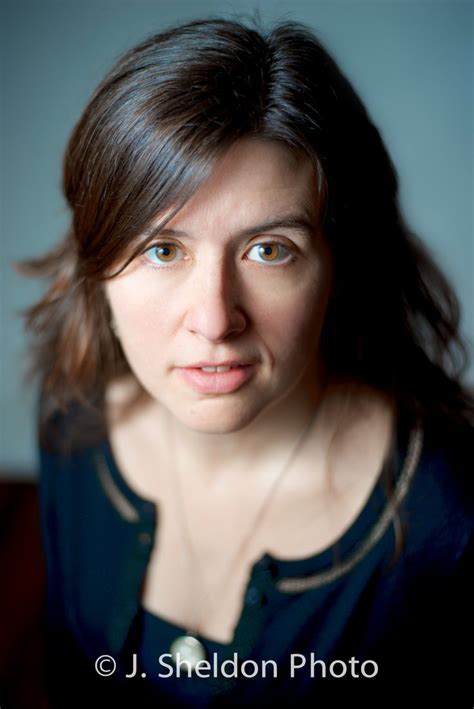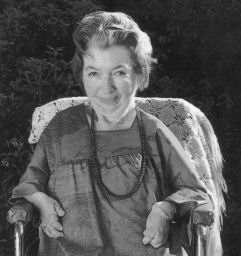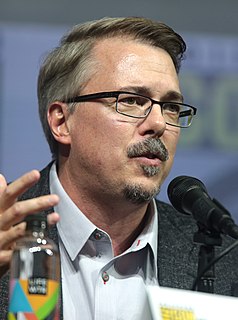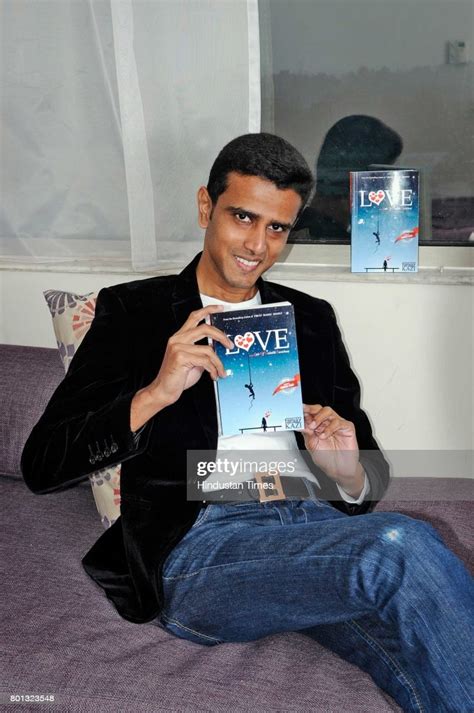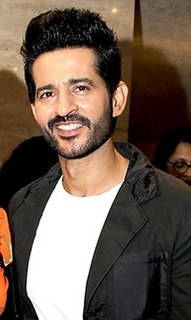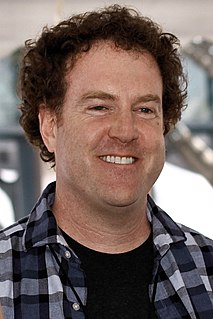A Quote by Leah Stewart
Once you know the end of the story, every part of the story contains that end, and is only a way of reaching it.
Related Quotes
When we're in the story, when we're part of it, we can't know the outcome. It's only later that we think we can see what the story was. But do we ever really know? And does anybody else, perhaps, coming along a little later, does anybody else really care? ... History is written by the survivors, but what is that history? That's the point I was trying to make just now. We don't know what the story is when we're in it, and even after we tell it we're not sure. Because the story doesn't end.
It's only a story, you say. So it is, and the rest of life with it - creation story, love story, horror, crime, the strange story of you and I. The alphabet of my DNA shapes certain words, but the story is not told. I have to tell it myself. What is it that I have to tell myself again and again? That there is always a new beginning, a different end. I can change the story. I am the story. Begin.
If the point of life is the same as the point of a story, the point of life is character transformation. If I got any comfort as I set out on my first story, it was that in nearly every story, the protagonist is transformed. He's a jerk at the beginning and nice at the end, or a coward at the beginning and brave at the end. If the character doesn't change, the story hasn't happened yet. And if story is derived from real life, if story is just condensed version of life then life itself may be designed to change us so that we evolve from one kind of person to another.
In this story, the sun moves. In this story, every night meets a dawn and burns away in the bright morning. In this story, Winter can never hold back the Spring... He is the best of all possible audiences, the only Audience to see every scene, the Author who became a Character and heaped every shadow on Himself. The Greeks were right. Live in fear of a grinding end and a dank hereafter. Unless you know a bigger God, or better yet, are related to Him by blood.
We know story collections end when they end, as well - the pages serving as a countdown - but nevertheless the standard story anthology hews closer to what makes being human so hard: it reminds you with each story how quickly everything we are, everything we call our lives can change, can be upended, can disappear. Never to return.
In the end, this is a difficult story to sum up. The making of the atomic bomb is one of history's most amazing examples of teamwork and genius and poise under pressure. But it's also the story of how humans created a weapon capable of wiping our species off the planet. It's a story with no end in sight.
And, like it or not, you're in it.
As a culture, we believe that if we kill something, we've killed the issue. That's why so many books end with death, why so many plays end with death, because it's full resolution. I'm always curious to know what happens after Romeo and Juliet die. In a way, that's the beginning of the story. Maybe beyond the story is even better.
I have often thought of doing a story with someone either as a human being or as a robot who, by a series of stages, changes into the other end of the spectrum. By the story's end, he'd be either totally robotic or totally human, the opposite of what he once was. And possibly... bring him back again.
